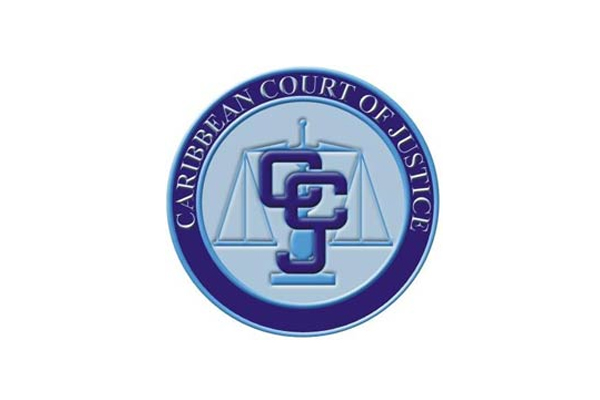 Port of Spain, Trinidad (CMC) — Former St Vincent and the Grenadines Prime Minister Sir James Mitchell urged Trinidad and Tobago to think seriously about replacing the London-based Privy Council with the Caribbean Court of Justice (CCJ) as its final court.
Port of Spain, Trinidad (CMC) — Former St Vincent and the Grenadines Prime Minister Sir James Mitchell urged Trinidad and Tobago to think seriously about replacing the London-based Privy Council with the Caribbean Court of Justice (CCJ) as its final court.
Sir James was among a number of speakers including former prime minister Basdeo Panady, former attorney general Ramesh Lawrence Maharaj as well as the political leader of the small Independent Liberal Party (ILP), Jack Warner urging the country to hold a referendum ahead of any decision to join the CCJ in its appellate jurisdiction.
Speaking at a panel discussion Sunday organised by Democracy Watch, Sir James told the audience that he had been a strong advocate of the regional court but that recent events in his homeland had shown that the regional judicial system could be tainted politically.
He said many of the Caribbean courts fail to recognise bias and shortcomings in the judicial system, noting also that he had to resort to the Privy Council after the Ralph Gonsalves government had established a Commission of Inquiry that to investigate a failed project under his tenure in office.
Panday told the discussion that “the perception exists that almost all our institutions in this country have been compromised in some way or the other.
“We ought to find out if the people of TT want the Privy Council or they don’t. The only way to do that is by referendum so that is what the meeting is about. The CCJ cannot be the final court of appeal until the people have the confidence in the CCJ,” Panday said.
“In a democracy, the majority says the way we should go. It is the only way we could make a decision to move forward otherwise there is a stalemate. A referendum is a direct vote of the people, there is nothing more powerful or indeed more just in a democracy and a referendum must be short, simple, precise and exact,” Panday added.
Maharaj recalled having to fight for his own “freedom” within the Privy Council after he had been jailed by a judge for contempt of court.
Panday, who was in office when he signed the agreement allowing for the CCJ to be headquartered in Trinidad and Tobago, said there is need for a public education programme on the court which is celebrating its 10th anniversary this year.
The CCJ also functions as an international tribunal interpreting the Revised Treaty of Chaguaramas that governs the regional integration movement, CARICOM.
While most of the Caribbean countries are signatories to its Original jurisdiction, only Barbados, Guyana, Dominica and Belize have signed on to its Appellate jurisdiction.
Warner told the discussion “there will be no Privy Council without the ILP’s consent”.
The panellists also argued that the maintenance of appeals to the Privy Council is not a derogation of the national sovereignty of the country and the cost to pursue an appeal before the Court of Appeal in this country is much higher than an appeal before the Privy Council in London.
Prime Minister Kamla Persad Bissessar had announced in 2012 that legislation would be brought to the Parliament to remove the British Privy Council as this country’s final appellate court and replaced with the CCJ with respect to criminal matters. Civil matters will still go before the Privy Council.
Are you going to take away the right of people to access to justice to their final court which they enjoyed fr hundreds of years by you just coming and passing a law over night to take it away,” Maharaj asked, adding “that is why we are saying this involves people, this involves their rights and therefore why are governments afraid to give people the right to say what I want and what I do not want”.

